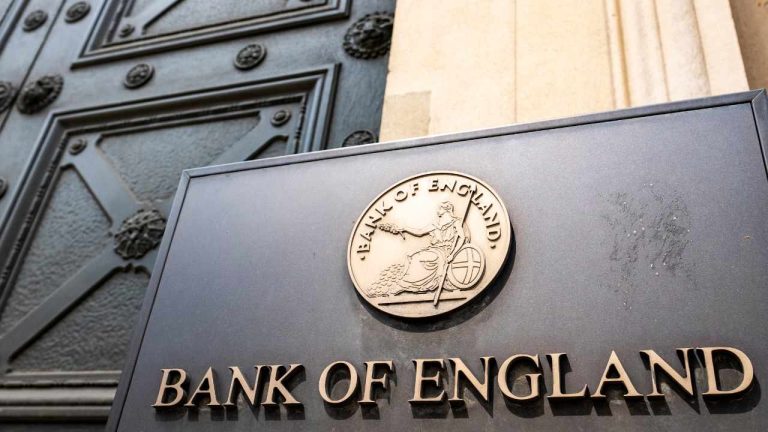
The Bank of England's plans for a CBDC launch raises concern among UK Tax Reform Council and the broader Bitcoin community.
The U.K. Tax Reform Council has launched a campaign against the Bank of England's plan to introduce a central bank digital currency (CBDC). The non-profit organization warns that such a move could seriously harm individual privacy and lead to intrusive changes to the taxation system.
The freshly formed Tax Reform Council includes monetary economist John Chown, cofounder of the Institute for Fiscal Studies, on its advisory board. The Tax Reform Council believes implementing a CBDC would lead to increased government surveillance, greater intrusion from tax authorities and a heightened risk of cyber attacks on the nation's monetary system.
We are pleased to announce the formation of our Advisory Board. pic.twitter.com/6Lpmt3oJ0U
— Tax Reform Council (@TaxReformUK) August 23, 2022
The think tank shares similar concerns to the U.K. Bitcoin (BTC) community which has been vocal in its criticism of CBDCs. Jordan Walker, co-founder of the U.K.’s Bitcoin Collective, explained that “the rollout of CBDCs in the U.K. is dangerous on a matter of fronts. We would be handing over more control of our money to the government and central bank.”
“This ties the monetary system even closer to the political system which has caused significant problems in the past and present. Instead we should be aiming to separate money and politics.”
The advisory board economists including Patrick Minford, Julian Jessop and Chown, stated that “the decision of the Bank of England to pursue a British CBDC raises a number of very real concerns.” The group seeks to raise awareness of the “increased government surveillance” that CBDCs may offer.
CBDCs claim to offer greater financial inclusion, reduced costs for businesses and consumers, and increased security. However, Bitcoin already offers these advantages and more: El Salvador banked swathes of its population by introducing the Bitcoin law, while Bitcoin also provides a way out for those living in authoritarian regimes.
In the U.K. the Treasury and the Bank of England have been recruiting for CBDC roles. The Bank of England has highlighted the "need" to create a digital version of the British pound, despite pushback from the broader crypto community.
Related: UAE central bank to issue CBDC as part of its financial transformation program
According to the Tax Reform Council, every personal transaction made using a CBDC would be recorded on the Bank of England's private blockchain ledger, giving the taxman unprecedented access to individuals' financial history. The press release stated that this is already happening in China with the renminbi CBDC.
Walker sounded the alarm: “I believe we are closer to the rollout than many think and unless we have greater education around this topic, we’ll see many people in this country unknowingly get sucked into this digitized monetary control.”









